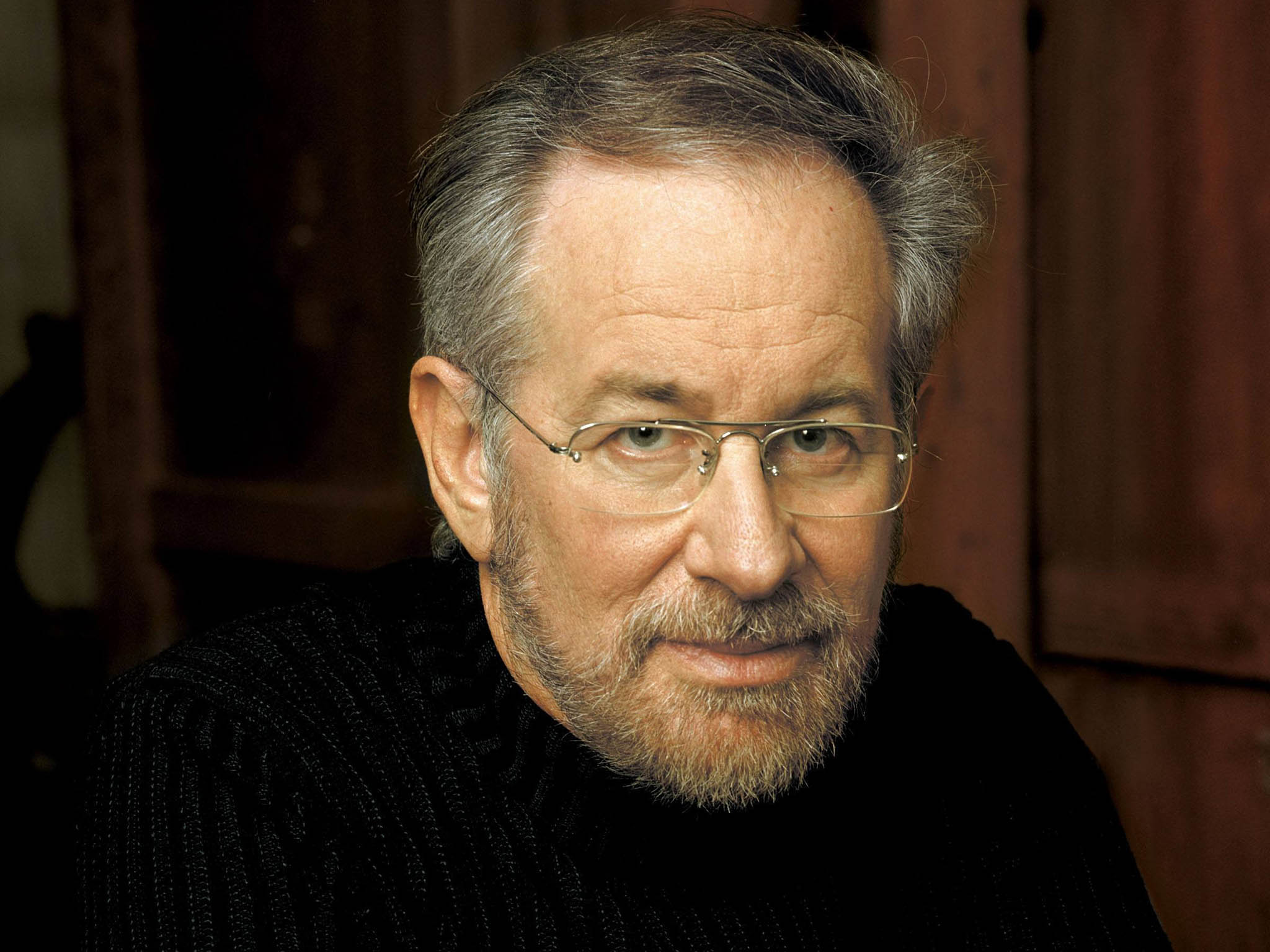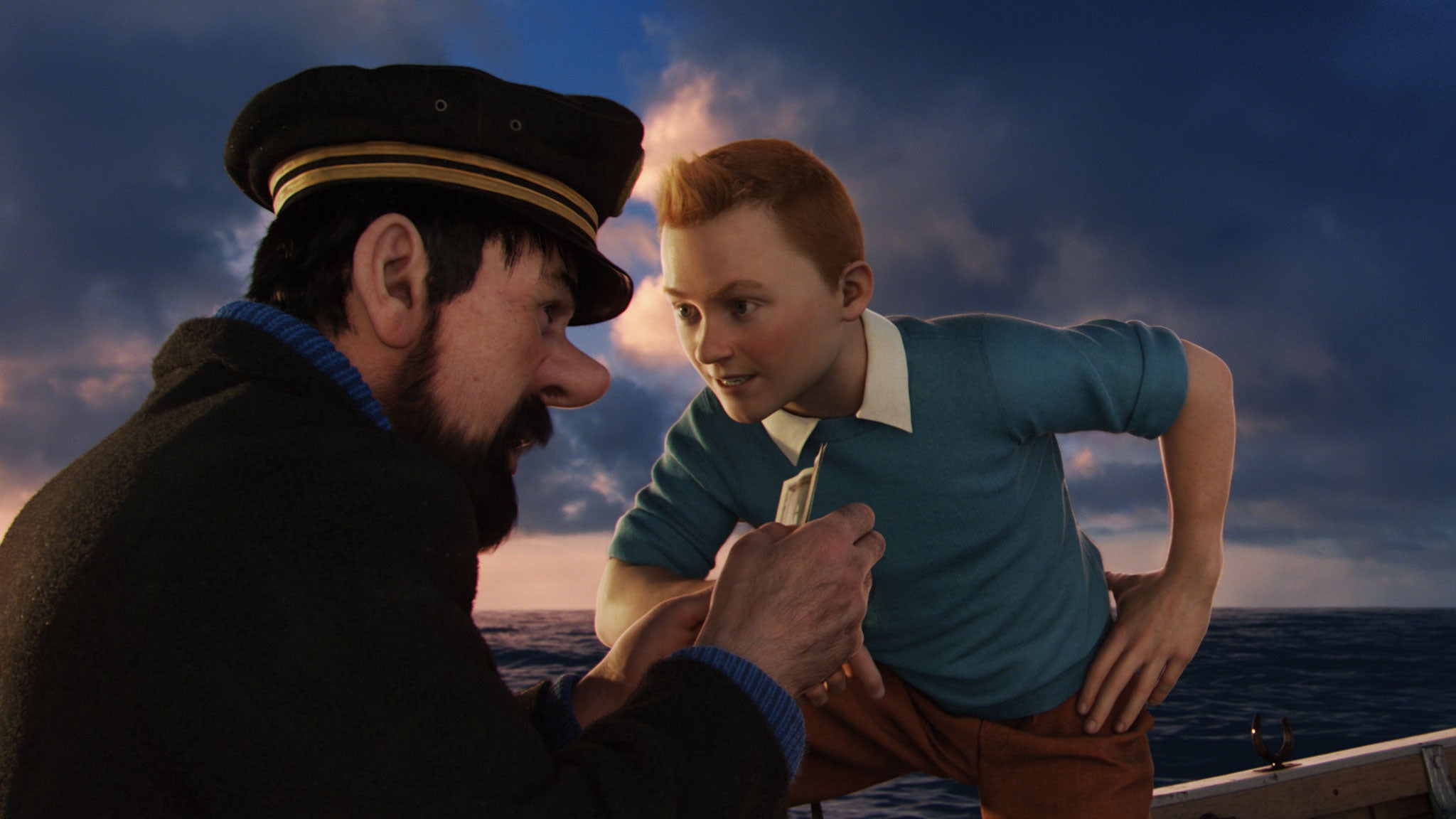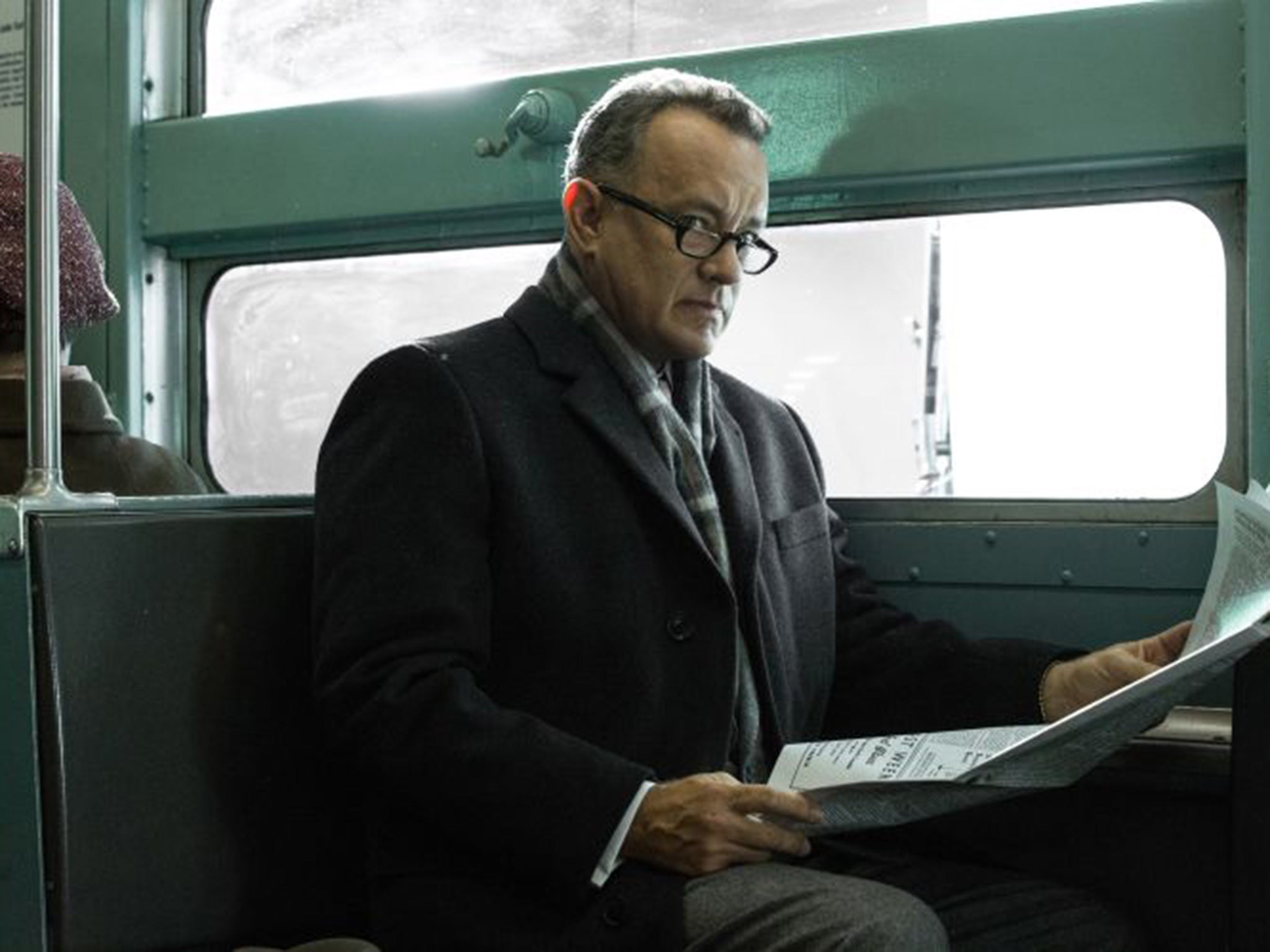The many faces of Steven Spielberg: A look back at the director's long career
As The BFG hits Cannes, and with Spielberg the subject of a big BFI retrospective this summer, Geoffrey Macnab reports on the twists and turns in the director’s career

Nearing 70, Steven Spielberg is in one of those periodic moments in his career when he is moving into over-drive. His new feature, an adaptation of Roald Dahl's The BFG, is about to premiere at the Cannes festival, only a few months after the release of his Cold War thriller Bridge Of Spies. Spielberg also has several other new films lined up to shoot, back-to-back. One is sci-fi drama Ready Player One. Then, there is the Tony Kushner-scripted The Kidnapping of Edgardo Mortara about a Jewish boy forcibly converted to Catholicism in 19th Century Italy and in which his new favourite Mark Rylance is expected to play the Pope. Meanwhile, Spielberg is also hatching the next Indiana Jones film with Harrison Ford back in the saddle.
It is heartening to see that Spielberg is still so obviously at the heart of Hollywood. After all, from D.W. Griffith to Billy Wilder, film history is littered with examples of great directors at the end of their careers who are marginalised and forgotten. There is also a tendency among the filmmakers themselves to change as they grow older - to make more introspective and autumnal films. Spielberg’s boyish zest is still clearly undiminished.
No-one will dispute Spielberg’s status as one of the absolutely towering figures in cinema. Nonetheless, attitudes toward him among critics are still sometimes grudging and perplexed. He is such a protean figure that they can’t get hold of what he is really about. They distrust his populism and the way he compartmentalises projects.They’re still suspicious that he was able to shoot Schindler’s List by day while he was editing Jurassic Park at night. They don’t understand how he could be making The Adventures Of Tintin one moment and Lincoln the next. They are perplexed that someone of his genius can be involved (as a producer) in work as mind-numbing as Michael Bay’s dreadful Transformers movies.

“I would love it if studios stopped boasting about how much money their movies made. It would be so wonderful if it didn’t become the Olympics every Monday of every holiday weekend,” Spielberg lamented in an interview he gave to the LA Times in the late 1990s, seemingly oblivious to the fact that, as the editor of Jaws, he helped usher in the era of the summer blockbuster.
Spielberg’s biographer Joseph McBride staunchly defends the director’s habit of “interspersing the heavy dramas, especially the historical films, with the lighter fantasy films.” The director, he suggests, is the ultimate multi-tasker. If he has only one film to work on, he grows bored and frustrated. “He is at his creative best when he has several things going on.”
It helps that he has always been able to win the trust of his collaborators simply because he is such a proficient filmmaker. The dogged old technicians who worked with him on Duel (1971) when he was in his early 20s were initially suspicious of this wunderkind in their midst but they very quickly realised he knew exactly what he was doing.
Filmmaking, McBride tells me, was Spielberg’s way of keeping himself out of trouble as a wimpy kid at school. One boy picked on him but he neutralised the bully (and gained a subtle form of revenge) by casting him as a Nazi in a home movie.
Another side of Spielberg which os often overlooked because he is such a virtuoso technician is his skill with actors. Whether Daniel Day-Lewis in Lincoln or the teenage Christian Bale in Empire Of The Sun, his films are full of incredibly complex and sensitive performances.
Spielberg clearly likes to be popular. He also retains a child-like awe about the magic of cinema. That may sound trite but is one of his most distinguishing factors - he comes at movies from the perspective of the fan. He is willing to take creative risks - to tackle projects like Schindler’s List or Munich that aren’t likely to be big crowd pleasers - but he always continues to make the popcorn movies too.

Watch Apple TV+ free for 7 day
New subscribers only. £9.99/mo. after free trial. Plan auto-renews until cancelled.
ADVERTISEMENT. If you sign up to this service we will earn commission. This revenue helps to fund journalism across The Independent.

Watch Apple TV+ free for 7 day
New subscribers only. £9.99/mo. after free trial. Plan auto-renews until cancelled.
ADVERTISEMENT. If you sign up to this service we will earn commission. This revenue helps to fund journalism across The Independent.
In his work, Spielberg also continues to analyse US society and the American dream. He may once have had an apartment in the Trump Tower but his politics are a long way removed from those of “The Donald". There is a strain of idealism in his work - a Frank Capra-like belief in decency and fair play. (Tom Hanks’ lawyer, standing up for the rights of the Soviet agent in Bridge Of Spies is the kind of American everyman that James Stewart would have played in an earlier era.) At the same time, he has touched on the darkness and paranoia in post 9/11 America in films like Minority Report and War Of The Worlds while also looking at the plight of the refugee in The Terminal.

What’s most startling about Spielberg is his relentless energy; he turns 70 at the end of the year, yet still seems like a filmmaker in the middle of his career. One prediction can safely be made - the older he grows, the more his reputation will rise.
The BFG premieres at the Cannes Festival, 11-22 May. BFI Southbank’s Spielberg season runs in June and July
Join our commenting forum
Join thought-provoking conversations, follow other Independent readers and see their replies
Comments
Bookmark popover
Removed from bookmarks